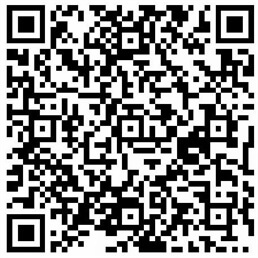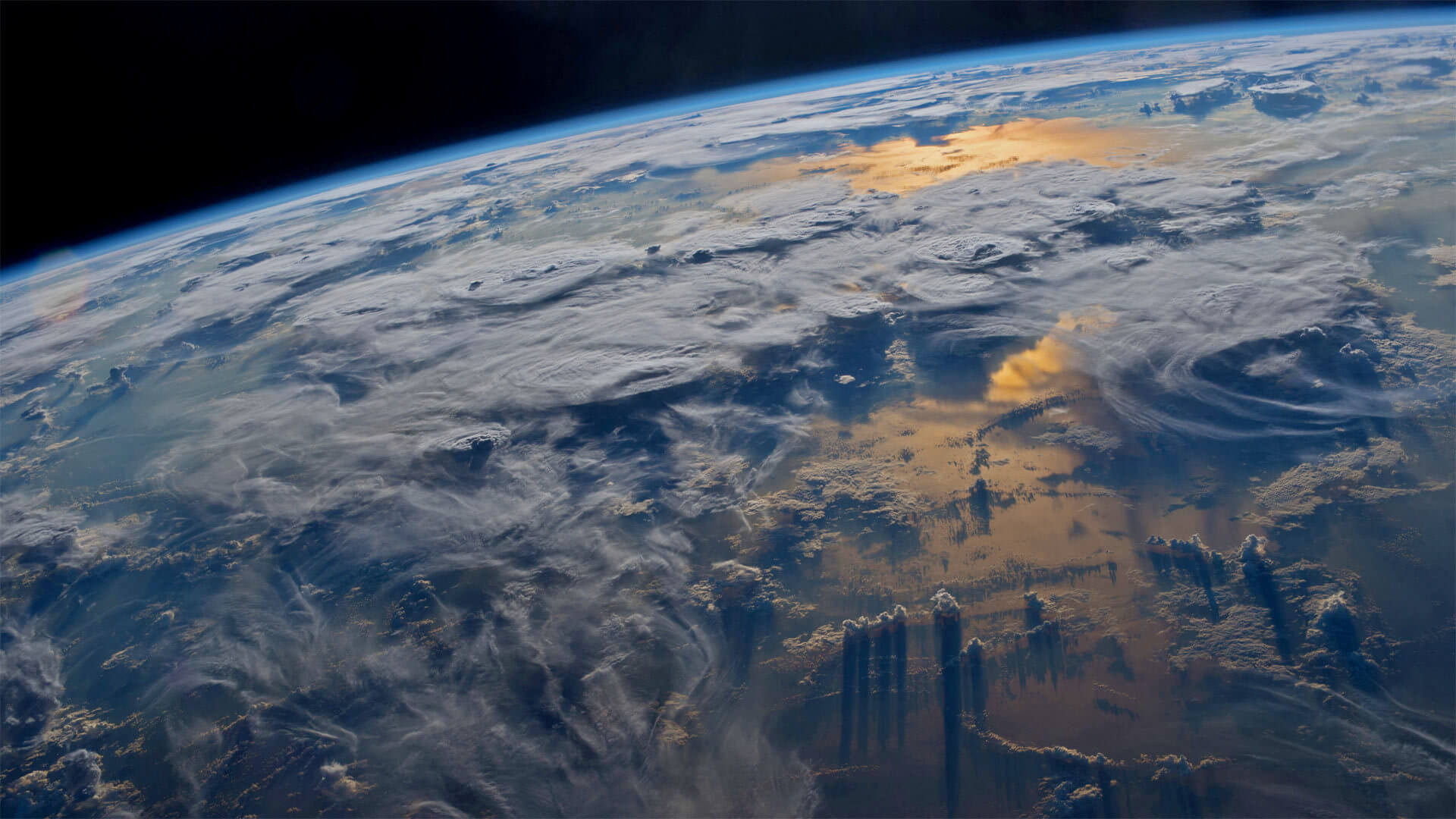排序
To join the EMU, a country should have no more than a
A.5 percent inflation rate above the average of the three EU member states with the highest inflation.B.3 percent inflation rate above the average of the three EU member states wit...
To join the EMU, a country must have
A.a public-sector deficit no higher than 3 percent of its GDP inB.a public-sector deficit no higher than 2 percent of its GDP inC.a public-sector deficit no higher than 1 percent o...
To join the EMU, a country must have a public
To join the EMU, a country must have a public debt below or approaching a reference level ofA.50 percent of itsB.10 percent of itsC.60 percent of itsD.100 percent of itsE.5 percent...
A country that joins an exchange rate area
A.gives up its ability to use the exchange rate for the purpose of stabilizing output andB.does not give up its ability to use the exchange rate and monetary policy for the purpose...
“The costs and benefits for a country from joining
“The costs and benefits for a country from joining a fixed-exchange rate area such as the EMS depend on how well-integrated its economy is with those of its potential partners.”A...
Consider the following information about a country’s
a.Merchandies trade balance (or goods balance) = 330–198=$132. Goods and services balance = (330+196)–(198+204)=$124.CA balance=124+3–8=$119. Surplus on the CA.b.CA+Financial Ac...
When a country’s currency depreciates,
A.foreigners find that its exports are more expensive, and domestic residents find that imports from abroad are more expensive.B.foreigners find that its exports are more expensive...
An appreciation of a country’s currency
A.decreases the relative price of its exports and lowers the relative price of its imports.B.raises the relative price of its exports and raises the relative price of its importsC....
An increase in a country’s money supply
A.causes a more than proportional increase in its price level.B.causes a less than proportional increase in its price level.C.causes a proportional increase in its price level.D.le...
When a country’s currency is devalued,
A.outputB.outputC.the money supplyD.the money supplyE.Both B andAnswer: E. When a currency is devalued, output and the money supply expand as the economy’s equilibrium shifts outw...
External balance means
A.balance in the country’s currentB.balance in the country’s serviceC.balance in the country’s financialD.balance in the country’s tradeE.None of theAnswer: E
A country’s gross national product (GNP) is
A.the value of all final goods and services produced by its factors of production and sold on the market in a given timeB.the value of all intermediate goods and services produced ...








